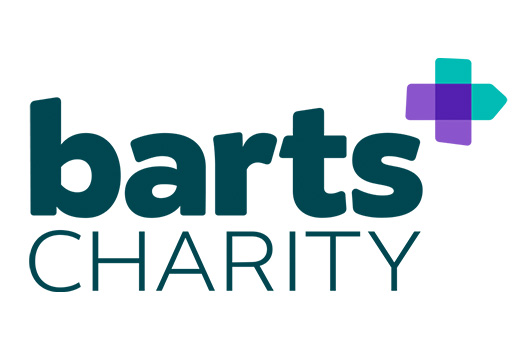NITRATE-TOD

Read the papers:
- Dietary nitrate provides sustained blood pressure lowering in hypertensive patients: a randomized, phase 2, double-blind, placebo-controlled study
- Randomised, double-blind, placebo-controlled clinical trial investigating the effects of inorganic nitrate in hypertension-induced target organ damage: protocol of the NITRATE-TOD study in the UK
Full Title: A Phase II, double-blind, placebo-controlled randomised, single-centre clinical trial of inorganic nitrate in the form of beetroot juice to target sub-optimally controlled hypertension
Short Title: NITRATE-TOD
Sponsor: Queen Mary University of London
Funder: Barts Charity
Chief Investigator: Prof Amrita Ahluwalia, Professor of Vascular Pharmacology, Dean for Research, Queen Mary University of London & Director of Barts CVCTU
Co-Investigators: Dr Clement Lau, Lead Investigator, Queen Mary University of London
Contact: c.lau@qmul.ac.uk
Registration: https://www.clinicaltrials.gov/study/NCT03088514
Study Design: Phase II, double-blind, placebo-controlled randomised single-centre trial
Objectives:
- To determine whether dietary nitrate in the form of beetroot juice lowers blood pressure in patients with sub-optimally controlled hypertension
- To assess whether this intervention improves the structure and function of the heart and blood vessels over a 4-month period
Number of Participants: 160
Intervention Used: Beetroot juice as dietary nitrate
Study Duration: 5 years
Location: Queen Mary University of London
Summary: High blood pressure is one of the most common health problems worldwide and contributes to approximately 75% of strokes and 50% of heart attacks. Despite medication, around half of hypertensive patients remain at increased risk of these complications. Hypertension leads to damaging changes in the heart and blood vessels, worsening disease severity.
Research has shown that beetroot juice can lower blood pressure in healthy individuals. This effect is attributed to its inorganic nitrate content, which is converted in the body to nitric oxide, a molecule that benefits cardiovascular function.
The NITRATE-TOD study investigated whether dietary nitrate from beetroot juice could reduce blood pressure and reverse structural changes in the cardiovascular system in patients with inadequately controlled hypertension. Participants consumed beetroot juice daily for four months. The trial assessed blood pressure as well as changes in heart and vessel structure and function.
